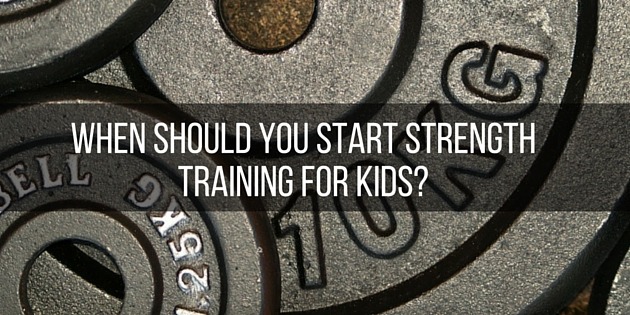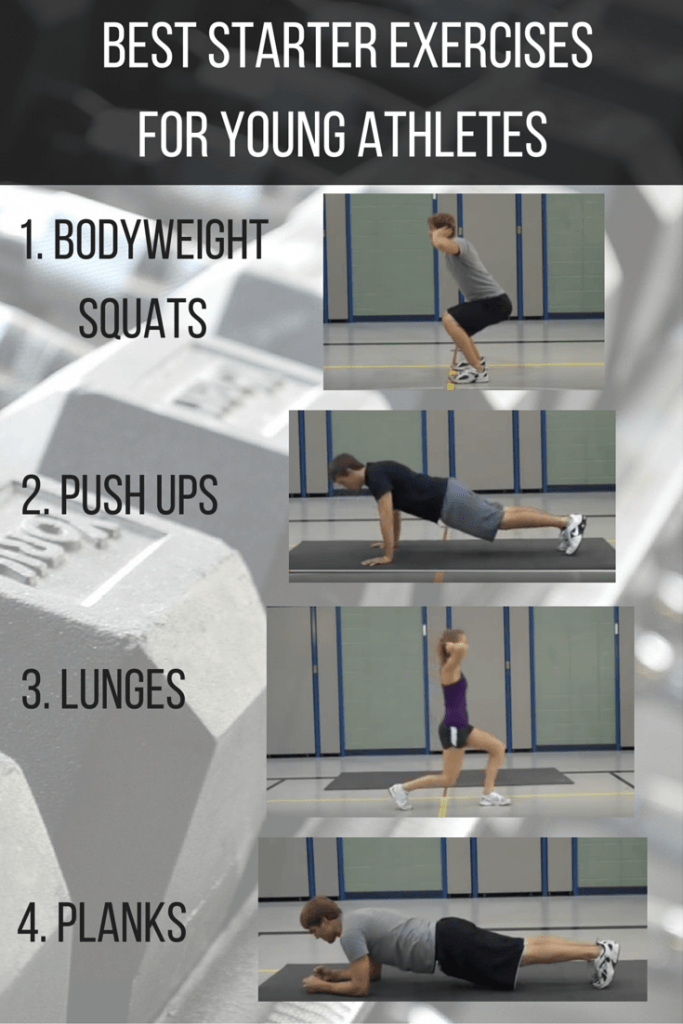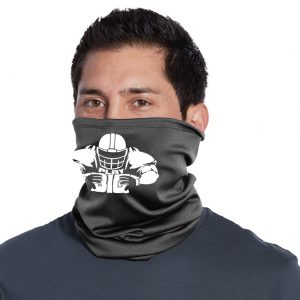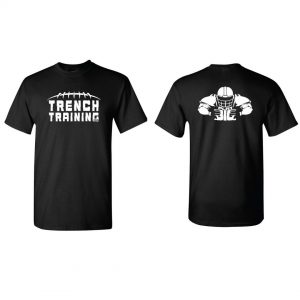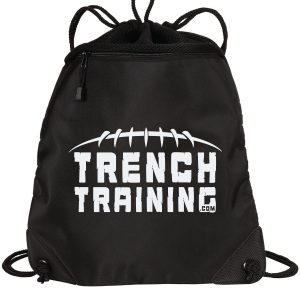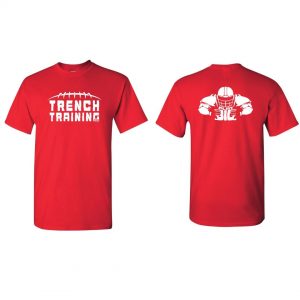Strength training for kids has always been a controversial topic.
We all want what is best for our kids.
Unfortunately, when it comes to athletics, we don’t always know what’s best.
We want our kids to become the best that they can be.
The question we want to have answered is how young should they begin strength training.
The answer is you can begin strength training for kids at any age…
…with a few very important guidelines to consider.
Strength Training for Kids 5 Guidelines
1. Proper movement must be taught first.
The first thing young athletes who are starting strength training need to learn is how to control their body.
Athletes need to know how to perform basic movements like stopping, landing, cutting, jumping and falling.
That’s right, there’s even a correct way to fall.
They need to know how to manipulate their body before we ever think about putting them under a bar and loading them with weight.
Can they perform a proper bodyweight squat and lunge?
Can they perform 10 quality push ups?
A good trainer will put an athlete through a functional movement assessment prior to starting any program.
This assessment will identify any deficiencies so those can be addressed with the strength training program.
2. Avoid specialization.
Specialization is all the rage these days.
More and more kids are playing one sport year-round.
Fewer and fewer kids are playing multiple sports.
This is very detrimental to the development of young athletes.
The variation in training and competing in multiple sports has incredible advantages for an athlete’s overall ability.
Participating in multiple sports helps build muscles in ways that one sport cannot.
This translates into better, stronger athletes who are less prone to injury.
Specialization has been shown to lead to higher instances of overuse injuries.
Kids, especially pre-teens, can reap great genefits from being involved in multiple sports.
3. Encourage “free play”.
“Back when I was a kid…” (Wow, I used to make fun of my dad for saying that)
We used to have a lot more time for pick-up sports.
I logged hundreds of hours playing basketball, football, baseball, wiffleball, tag, and dozens of crazy active games that we just made up.
We didn’t have year-round structured sports.
Whatever sport we were in had a couple practices per week, maybe.
Otherwise, we were involved in some neighborhood game every day.
This is where athletes were made.
Our yards or driveways were where we learned skills.
We didn’t think about strength training for kids.
We trained on the playgrounds.
That just doesn’t happen much anymore.
Video games, movies, and mobile devices have taken the place of active, free play.
We as a family have strictly limited the amount of time our kids are allowed to spend in front of electronics.
We want our kids to be active.
It doesn’t matter what they do.
Riding a bike, building a snowman, playing frisbee or aything with a ball is going to allow kids to work on improving their movement.
These are the things that create well-rounded athletes.
4. Proper nutrition is essential.
What do we expect our kids to become if we stuff them with fast food.
Drive-thrus are not meant for food just banks.
We are a product of what we put into our bodies.
With busy schedules it can be difficult to eat well.
Be sure your athlete understands the importance of nutrition.
Without the proper fuel those strength training sessions will not be as productive.
5. Be an example.
Your kids not only get their genetics from you but also your habits.
If you aren’t setting a good example with an active lifestyle and proper nutrition, you are not helping your athlete succeed.
This doesn’t mean you have to be working out 4 hours a day and eating bird food.
However, if you don’t want your kids eating junk then they can’t see you eating it.
If you want your kids to be active, then you need to put forth the effort to be active with them.
The saying “Do as I say not as I do.” isn’t gong to work.
If you want to do everything you can to help your child reach their potential then you need to do the same.
Questions to Consider When Looking for a Trainer
1. What is their fitness and training philosophy?
Some specific questions you might ask would be:
What do they feel is important in a training program for children? Proper form and movements should be at the top of their priorities.
Can they provide guidelines for nutrition? Not all trainers have a background in nutrition but most good ones are knowledgable in this area.
What types of equipment will my child need or be using? If they send them to the weight machines… run in the other direction.
2. Do they perform a functional movement assessment?
Proper movement and form are essential building blocks to effective training.
Your athlete’s trainer needs to be aware of any weaknesses your athlete has and should address those in their program.
3. Do they have references?
The best way to find about a trainer is to talk to people they have trained.
Be sure to get references and speak to some parents of the kids the trainer has worked with.
Find someone who has experience with strength training for kids.
4. Have they worked with children before?
We all know working with kids takes patience. (Some adults require a lot of patience too.)
Be sure that you and your child are comfortable working with their trainer.
Use those references to find out the trainer’s temperament.
Most kids don’t react well to yelling and screaming.
This method of coaching and training just doesn’t work so avoid those trainers like the plague.
Your athlete’s training program should be fun as well as functional.
Strength training for kids, above all else, should be fun.
If you found value with this post please like, comment and share.
Let’s Play,
Coach Steve

